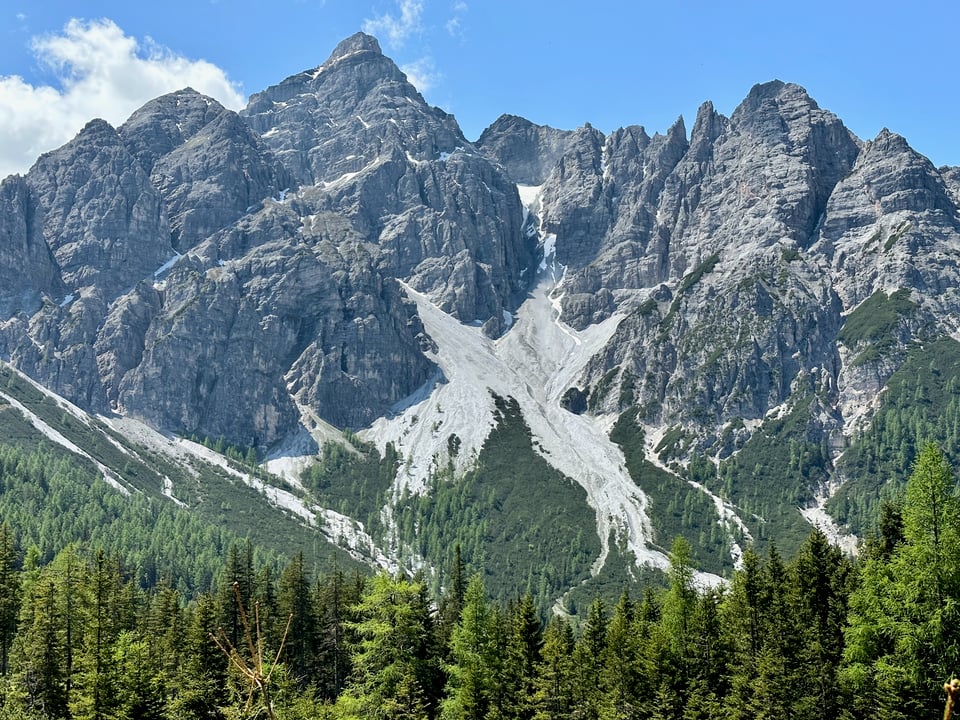A Lighthouse, A Cello, A Lot of Stickers
Hello friends, my name is Duncan and this is Hello From Duncan - a newsletter that I usually send every ten days rounding up my recent creative input and output. You're on this list because you asked to be here, and you can unsubscribe at any time with the link in the footer.
It has been a little while since you heard from me, because I've been (a) on holiday and (b) at a conference.

The holiday was lovely. Three weeks of train travel around Europe, taking in Utrecht, Luxembourg, the Alps, Munich, Berlin and Lübeck. We only had one train cancellation - the rest of the journey was super-smooth, which was good because we took Laika with us. Highlights included mountain waterfalls, meeting lots of dataviz folks in Utrecht, and wandering around the remains of Tempelhof Airport in Berlin.
The conference was also lovely. It was ICAD23 in Norrköping. Got to meet a bunch of sonification academics, including several whose work I cite from time to time when giving workshops. Everyone was very friendly and welcoming, several were fans of Loud Numbers, and I gave out a lot of stickers.
I also performed at ICAD! Jamie Perera invited me to be coal, and my synthesizer to be a cello, in a performance of Oil, Coal and Gas for Three Cellos. It was heaps of fun to be on a stage doing music again, and the reception we got for it was great. I would like to do more of this, and so I've thrown in a proposal for a performance at the "2nd International Symposium on Quantum Computing and Musical Creativity" in October. Let's see if they go for it!
In June, the kind folks at the European Journalism Centre asked me to appear on their Conversations With Data podcast, to talk about data and climate journalism.
Alongside data journalist Pei Ying Loh from Kontinentalist, and visual journalist Rodolfo Almeida, we spent an hour dissecting what organisations and the media frequently get wrong while telling climate stories, and how to deepen and broaden your audience reach.
I've written up a summary of what I said on my blog, or if you prefer listening to reading then you should definitely listen to the podcast - which has great contributions from Pei Ying and Rodolfo too.
Another project I worked on that was recently released was an episode of the Canadian podcast Future Ecologies, called Spiders Song. Loud Numbers were invited to help out on the sonification of jumping spider phylogenetic data.
The results are pretty special, I think! We're featured in part two of the episode, but I highly recommend listening to part one as well to get the whole story (and to learn to dance like a spider). Listen in your favourite podcast app, or over on the Future Ecologies website.
Back in 2016, I wrote an article for How We Get To Next on an informal settlement called Treasure Hill, in Taiwan, that could be a prototype for the future of sustainable urban living. How We Get To Next is still online in an archived format, but with bitrot being what it is, I've also chosen to reproduce this story on my blog under the Creative Commons license that it was originally published with.
Here's a snippet:
For decades this status quo held, even as friction grew between the city government and the residents of Treasure Hill. Officials saw it as a slum–its improvised buildings, built up over the years amid piles of trash, were not only unsightly, but also in flagrant violation of the city’s safety codes. In 2002, the whole settlement was declared illegal and the authorities began the process of clearing the area and turning it into a park. First the city tried to bulldoze the homes around the edges, but the residents just retreated to the buildings on top of the hill and the decaying bunkers within, refusing to leave. The authorities then attempted to disrupt the community by destroying the bridges and staircases that connected the different parts of the settlement. That’s when Marco Casagrande, a Finnish architect, stepped in. The Taipei City Government had asked him to study the “organic layer” of the city and how they could react to it by means of urban planning. “I found out that Treasure Hill was actually much more ecological than the modern city,” he said. “They were recycling all their organic waste. They were even filtering water to be reused.”
I don't recall if I've previously mentioned here that I'm planning to move to Malmö. Helsingborg is very pleasant and all, but Malmö has a better social scene, food scene, and music scene, and so we've been starting to apply for apartments.
Sweden has quite strong rent controls, so there's a queuing system, and we're just now getting to the point in the queue where we're starting to get invited to viewings. We've not yet seen any that we love, so it'll be a few months yet most likely. But with any luck, by the end of the year I'll be living in Malmö.
I've been really enjoying this lovely little feature on ambient country that Bandcamp cooked up. It goes exceptionally well alongside NTS' guide to ambient americana. Lots of lap steel, electronic textures, and more.
Fancy a lighthouse? It’s all yours.
Finally, it's always a delight when a conspiracy theory turns out to be true. My pal Alan sent me this link about an animatronic Donald Trump that Disney created which looked suspiciously like Hillary Clinton. Turns out that the Magic Kingdom's animatronics workshop bet on the wrong horse in the 2016 election... The post is well worth a read.
Tears of the Kingdom is very good, isn't it?
See you again in ten days or so.
- Duncan